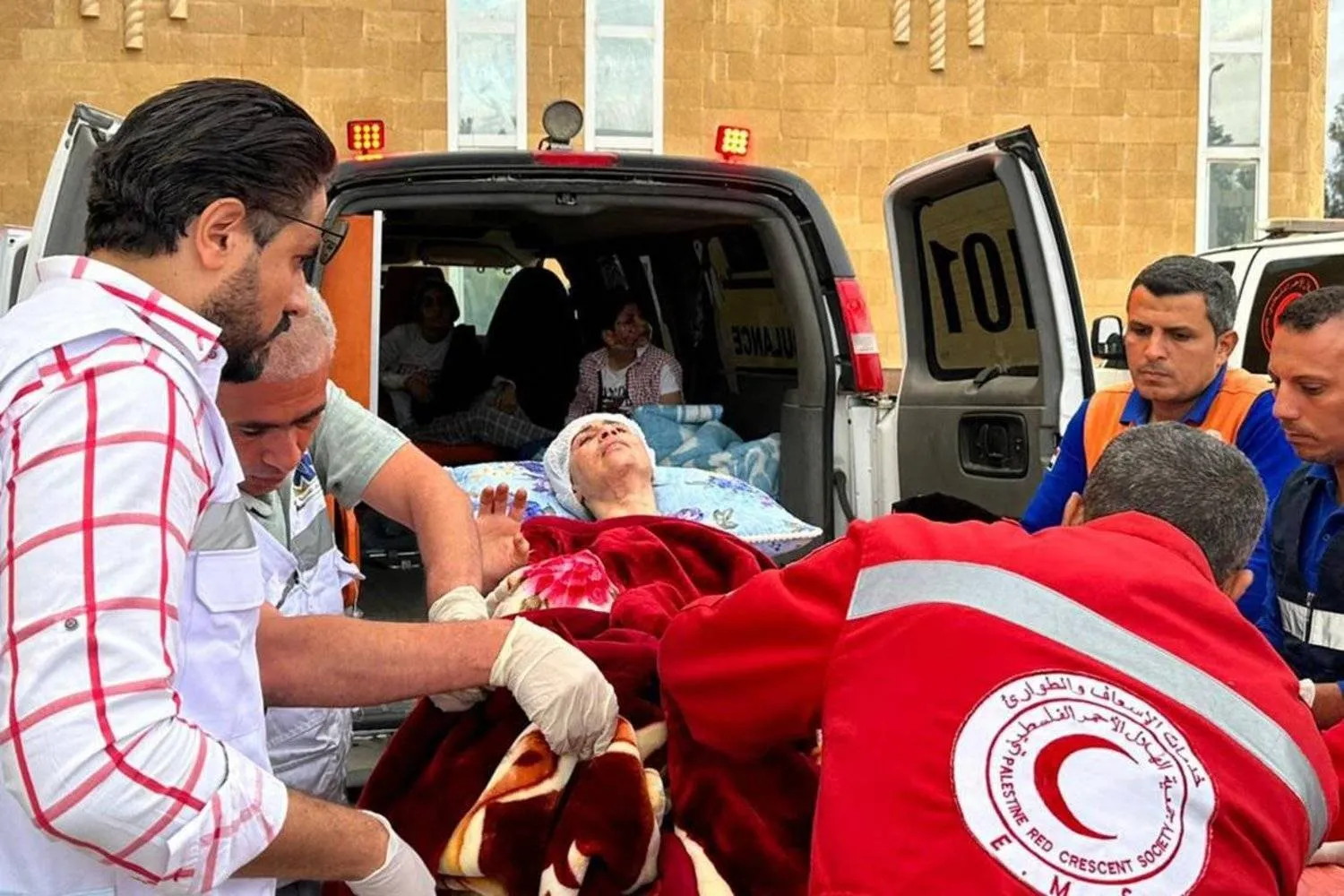More than a dozen member states of the World Health Organization submitted a draft resolution on Friday that urged Israel to respect its obligations under international law to protect humanitarian workers in Gaza.
War erupted in Gaza after Hamas militants attacked southern Israel on October 7. Israel's retaliatory air and ground assault on Gaza has killed 17,487 people, mostly women and children, according to Gaza's health ministry in the besieged Palestinian territory.
The text of the draft resolution is due to be examined on Sunday during a special session of the WHO's Executive Board convened to discuss "the health situation in the occupied Palestinian territory".
It was proposed by Algeria, Bolivia, China, Egypt, Indonesia, Iraq, Jordan, Lebanon, Malaysia, Morocco, Pakistan, Qatar, Saudi Arabia, Tunisia, Türkiye, United Arab Emirates and Yemen.
Palestinian representatives have WHO observer status, and were also signatories to the proposal.
The member states expressed their "grave concern about the catastrophic humanitarian situation in the occupied Palestinian territory, including east Jerusalem, especially the military operations in the Gaza Strip".
They called for Israel to "respect and protect" medical and humanitarian workers exclusively involved in carrying out medical duties, as well as hospitals and other medical facilities.
Separately, WHO spokesman Christian Lindmeier told reporters on Friday that Gaza's health system was on its knees and could not afford to lose another ambulance or a single hospital bed.
"The situation is getting more and more horrible by the day... beyond belief, literally," he said.
The United Nations' humanitarian agency OCHA said late on Thursday that only 14 of the 36 hospitals in the Gaza Strip were functioning in any capacity.









